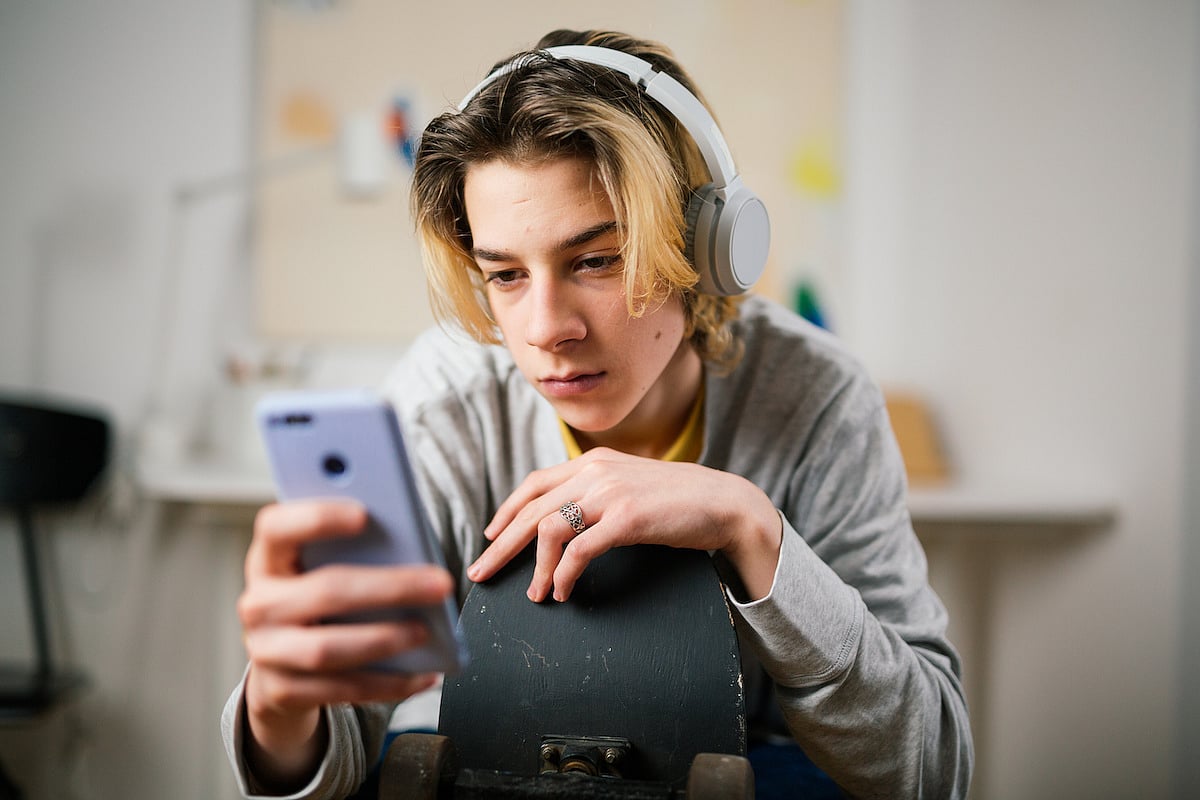Patient Resources
Get Healthy!
Evidence Supports Classroom Cellphone Bans, Expert Says
- August 29, 2024
- Dennis Thompson
- HealthDay Reporter

Classroom cellphone bans should help improve learning environments in schools, a child development expert says.
Keeping the devices out of classrooms would help focus attention, improve problem-solving and -- by allowing kids to occasionally lapse into boredom -- spur creativity, says Jon Piacentini, a child and adolescent psychologist at UCLA Health.
“There are more harms associated with cellphone use in school than the benefits,” Piacentini, a father of three, said in a UCLA news release.
As a new school year kicks in, school district officials across the United States are weighing cellphone restrictions, experts said.
Nearly 84% of teens ages 16 to 19 have a cellphone, making the devices as ubiquitous as backpacks, highlighters and three-ring binders, according to the National Institutes of Health (NIH).
What’s more, U.S. children ages 8 to 12 spend about six hours a day on screens, sometimes while in class, the NIH said.
“We know that a lot of kids are spending time on their phone during class or during recess,” Piacentini said.
Dividing attention between class and a smartphone can make it tough for students to concentrate or problem-solve, he noted.
Students who can’t concentrate “do not have the ability to take multiple perspectives or see problems from multiple approaches,” Piacentini said.
Cellphones can also harm kids’ imagination and critical thinking skills by never allowing their minds to wander, and boredom actually stimulates creativity in kids, he explained.
“If kids are on their phones 24/7, it doesn’t help them develop a sense that they can create, understand and generate thoughts and ideas,” Piacentini said.
Smartphones can also stunt kids’ social development. Traditional forms of play and connection are being replaced by video games and online platforms, according to Piacentini. As a result, kids might not be prepared to engage socially in person with others they don’t know.
Social media algorithms also can increase a child’s anxiety by spreading misinformation or reinforcing biases, Piacentini said.
Young children without the capacity and context to understand and interpret such messages may come to believe “that the world is scary,” he said.
Parents can help schools that ban classroom cellphones by mirroring those restrictions at home.
For example, parents can require no cellphones at the dinner table or in the bedroom before sleep, Piacentini said. Parents also can create more opportunities for children to put away their phones and enjoy non-screen activities with family and friends.
More information
The National Education Association has more on classroom cellphone bans.
SOURCE: UCLA, news release, Aug. 12, 2024

